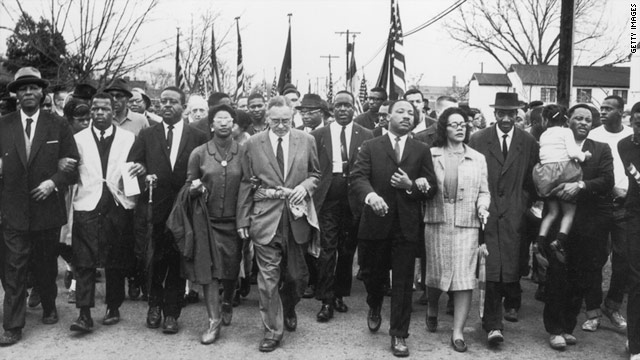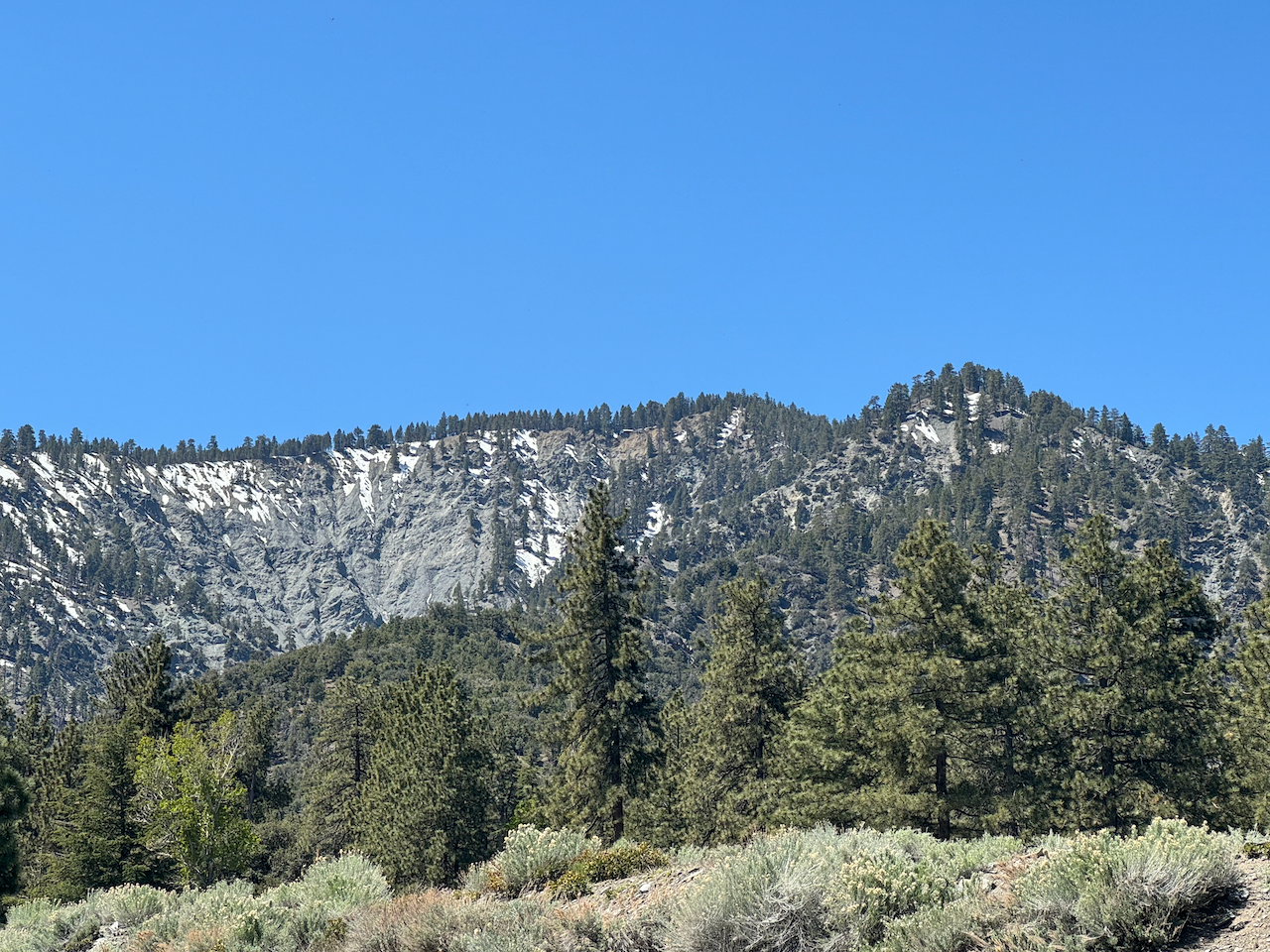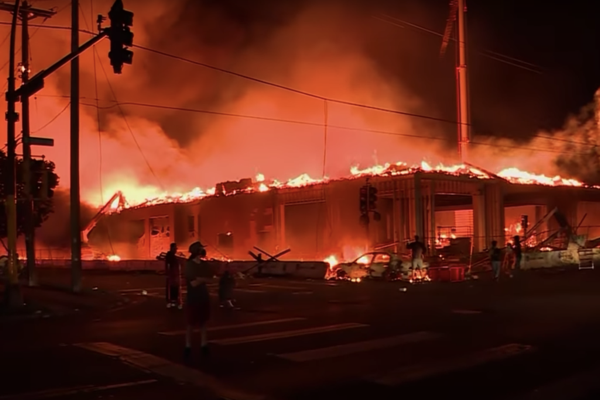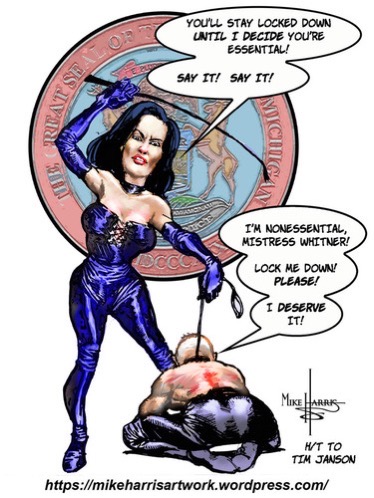 Protests are people speaking out to demand redress of grievances.
Protests are people speaking out to demand redress of grievances.
A protest is folks holding signs, marching, demanding to be heard.
Dr. Martin Luther King showed us how to protest. He did it very well. Yes there were scuffles and even some riots but these were fairly contained. Civil Rights protests were demanding equality. A totally justified and reasonable demand.
Protests demanding accountability of Police Officers are also legitimate. I think that “Bad” cops should be punished and they shouldn’t be cops.
Growing up in the time and place that I did. The police were neighbors, family friends, and trusted to be the person you could get help from.
As a child, if I got lost, I looked for a blue uniform. I knew they’d help me find my parents and even knew that I could get a ride home from an officer if I was hurt. (As happened after a particularly nasty tumble on my bicycle.)
That’s the role i think most police officers would prefer to have. The role of trusted protector. And yes, there are some officers that become officers for the wrong reasons. Just as there are some doctors who become doctors for money, not to help their patients.
A riot is a protest gone wrong. Riots can be spontaneous and often appear to be an upwelling of rage that finding no other outlet leads to destruction.
As a youngster, I remember riots on the national news. I remember seeing broken windows, and damaged police cars. I remember seeing the perpetrators of the damage being hustled into police vans and being told by my elders that those people were going to jail not for protesting, but for rioting and looting.
There was a line, and those few people crossed that line. It was an easy logic. Free Speech and Freedom to Assemble were protected rights. Rioting, looting and wanton destruction were crimes and would be punished as such.
The role of the police in protest situations was to make sure there was some order and to protect the protesters. Even if the police didn’t agree with the beliefs of those protesters.
What we’ve seen over the past few days has generally been that same stance. In this case, I think the police are in a tougher situation.
I’d bet that the vast majority of the police agree with the protesters marching against police brutality and many of the officers may even be feeling shame that one of their own was so blatantly brutal.
Equally, I’d bet that officers are facing intense internal conflicts. On the one hand during the day they’re providing support to the legitimate protesters. But at night, everything changes.
Imagine briefly, what being an officer on the line might be like.
You’re ashamed of what you saw. You know that officer Chauvin was wrong.
You know that the other officers present were wrong in that they saw something that shouldn’t have been happening and they chose not to act.
Even worse, there were people standing there filming the whole thing.
Those people could have stepped in too. They should have stepped in.
They could have made a difference when it counted, they could have saved a life.
But they didn’t. The question you ask yourself is why?
Those people knew what was happening was wrong. The knew it in their heart and yet were so involved in filming they did nothing. It’s obvious something was wrong with Chauvin, What the hell was wrong with those other people?
And then you have to go out to protect the protesters who are rightfully angry, and you’re angry about the same thing for the same reasons.
The difference is you’re being pelted with bottles, and rocks, and spat upon, threatened, and called names.
You’re unable to speak out or to be heard when you say you’re as angry as they are. Even if you spoke out, you wouldn’t be heard because the protesters see you as the enemy.
As an officer, you know that Derek Chauvin is being investigated and will face justice.
You also know that justice isn’t instant. You know that all the details will have to be investigated, written down, and the specifics of the entire event must be written formally for the court to try the case.
The reason there are laws is so that we don’t have “Frontier Justice”, As a good officer, you know that lynchings don’t lead to a stable society, they lead to anarchy.
You’re tired, you’ve been catching an hour of sleep here and there and you dread sundown.
At sundown you know that the legitimate protesters will go home, they’ll have dinner, and talk about the good work their protest did to bring attention to the problem.
You’ll still be on the line.
You’ll see the movements of the protesters for whom marching and chanting isn’t enough.
You’re there when twilight falls. The fist embers of fires blossom. Bottles shatter around you, thrown from the gathering dark. Rocks hit you, again from the dark. Nearby firecrackers sound, are they a prank, or cover for gunshots?
You check your colleagues, everyone is still standing, you exhale a sigh of relief.
The crashing of glass sounds down the block, a brick lands at your feet thrown from the top of a building. More fires, more windows breaking, you can see looters running in and out of the shops.
There are a lot of people dropping items as they run away. Your group is ordered to move forward to protect the businesses and as you start moving, more bricks, rocks, and bottles rain down in your path.
You smell gasoline in front of you, it registers that Molotov cocktails are being thrown at you.
Twilight gives way to night. Laughter and excited shouts echo from the darkened alleyways. You keep moving forward to the looters.
You know, by the time you get there, the shops will be empty, trashed, and the police will be blamed for failing to protect these businesses.
You tell yourself it’s not your fault but you feel that somehow it is.
Buildings burning in the distance now. You hear that the firefighters aren’t coming because the area isn’t secure. The buildings will continue to burn and the losses to local business owners will continue to rack up.
Finally the order comes from on high that you can fire teargas to herd the looters out of the area. Large fireworks go off in front of you. Some of your colleagues fire teargas in response.
You think, “large fireworks are essentially bombs, without the shrapnel,” as another concussion wave compresses your chest.
Other officers are firing rubber bullets in the direction that last firework came from.
This is no longer a protest, or even a riot. This is now an urban battlefield and you can’t really defend yourself as if it was Fallujah. You’re essentially unarmed.
One of your friends goes down, stumbling from a brick to the head. You stop to help them up and start scanning for the source, you see a target and fire your rubber bullets but aren’t sure that’s even the person throwing the bricks.
You think of your children and are grateful to know they’re safe. A large rock hits your helmet, followed by bottles from multiple directions. You stumble, hear laughter and taunting.
A woman comes out of the darkness screaming obscenities and spitting at you. She runs away into the dark.
“It’s not worth it,” you think. “I don’t want to do this anymore, not here.”
The night continues, in a wash, rinse, repeat, cycle of violence. Dawn reveals a scene of destruction. A testament to failure.
You tell yourself you didn’t fail, the system failed, the citizens failed, the elected officials failed, but you still feel like you personally failed.
Looking out the window of the squad car on the way back to the station you come to a decision. Typing up your report for the night you take a break and call home.
“Honey, I’m done. Call the Realtor and start packing. I’ve been at this for five years and I’ve not made any difference at all. Lets leave this city, let it burn. I don’t care anymore. If I’d wanted to be fighting urban war, I’d have stayed in the Marines. At least there I could adequately defend myself. ”
Your spouse says you’re just tired. They’re right, you are, but the tiredness you feel isn’t due to the past four days.
It’s a tiredness of the soul, a tiredness that comes from pointlessness, there will always be poor people, there will always be bad people, there will always be shitty politicians, and nothing you do will change that.
It’s pointless to keep trying because the people you help, forget in a second that you helped them. Those people will, based on the latest Twitter, News, or Facebook post, turn on you without a moment’s thought.
You turn in your report, then head to the Captain’s office to hand in your resignation. Unsurprisingly, you’re not the first one to hand in your badge, there are many others on his desk. The Captain accepts the document, your badge, and service weapon.
“I don’t suppose there’s any point in talking about this,” he asks.
You shake your head, “No”
“I can’t blame you, I’m working on my resignation too. I’ve got my twenty in. What are you planning to do?”
You shrug, “Anything, anywhere, but here.”
The Captain nods, stands, extending his hand, “It’s been a pleasure working with you. Good luck.”
“Thank you sir,” You turn and leave the office. At the door is a rookie. He’s got that same hollowed out look that you wear. He’s carrying a letter too…


 I saw this and spit my coffee out.
I saw this and spit my coffee out.